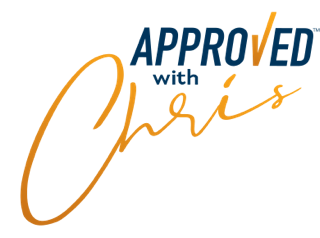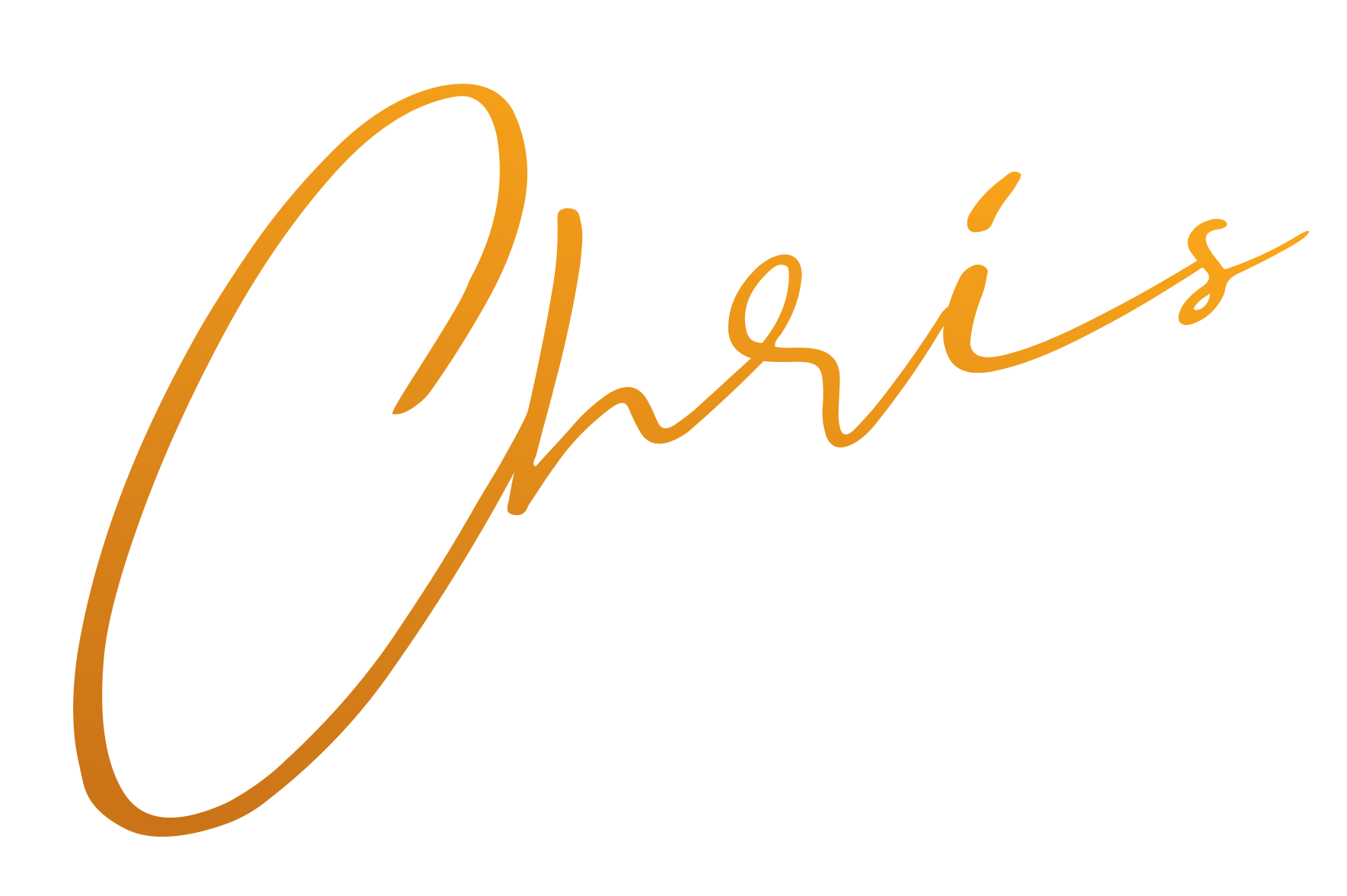Fixed or Variable Mortgage? How Canada’s Economic Shifts Could Impact Your Decision
Navigating Mortgage Rates in an Uncertain Market
With Canada’s economy facing trade tensions, inflation concerns, and a potential slowdown, mortgage rates are in flux. Borrowers must weigh the risks and rewards of fixed vs. variable rates to make the best decision for their financial future.
What’s Driving Mortgage Rate Changes?
Several key factors are shaping the mortgage landscape:
Trade Uncertainty – New tariffs between the U.S. and Canada could push inflation higher, impacting bond yields and fixed mortgage rates.
Inflation Pressures – If inflation stays above the Bank of Canada’s 2% target, rate cuts may be delayed, keeping borrowing costs higher.
Recession Concerns – If economic growth slows, the BoC could cut rates, making variable-rate mortgages more attractive.
Fixed vs. Variable: Which One is Right for You?
🔒 Fixed-Rate Mortgages:
✅ Predictable payments for peace of mind
✅ Protection from future rate hikes
❌ Typically higher initial rates
❌ Costly penalties if you break your term early
📊 Variable-Rate Mortgages:
✅ Lower starting rates with potential for savings
✅ Easier to break or refinance if needed
❌ Payments can fluctuate with rate changes
❌ Higher risk if inflation pushes rates upward
What’s the Best Move Right Now?
✔ Go Fixed if you want stability and protection from rising rates.
✔ Go Variable if you believe rates will drop and you can handle some risk.
✔ Consider a Hybrid Mortgage to get the best of both worlds.
Stay Flexible & Informed
Mortgage rates are unpredictable, and the best choice today may change in a few months. Working with a mortgage professional can help you navigate these shifts and secure the best deal for your financial future.
Need expert guidance? Reach out today to discuss your options!







